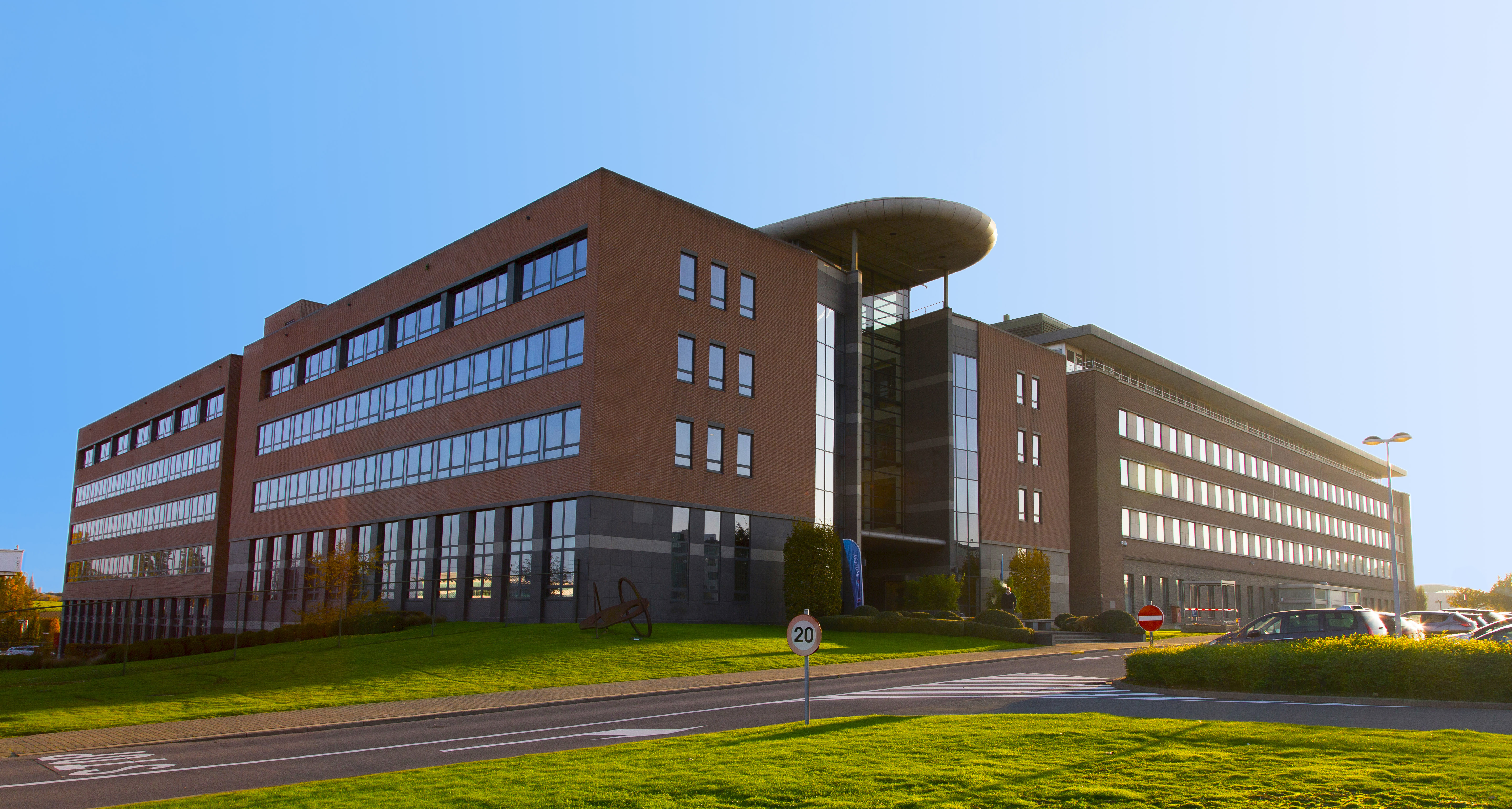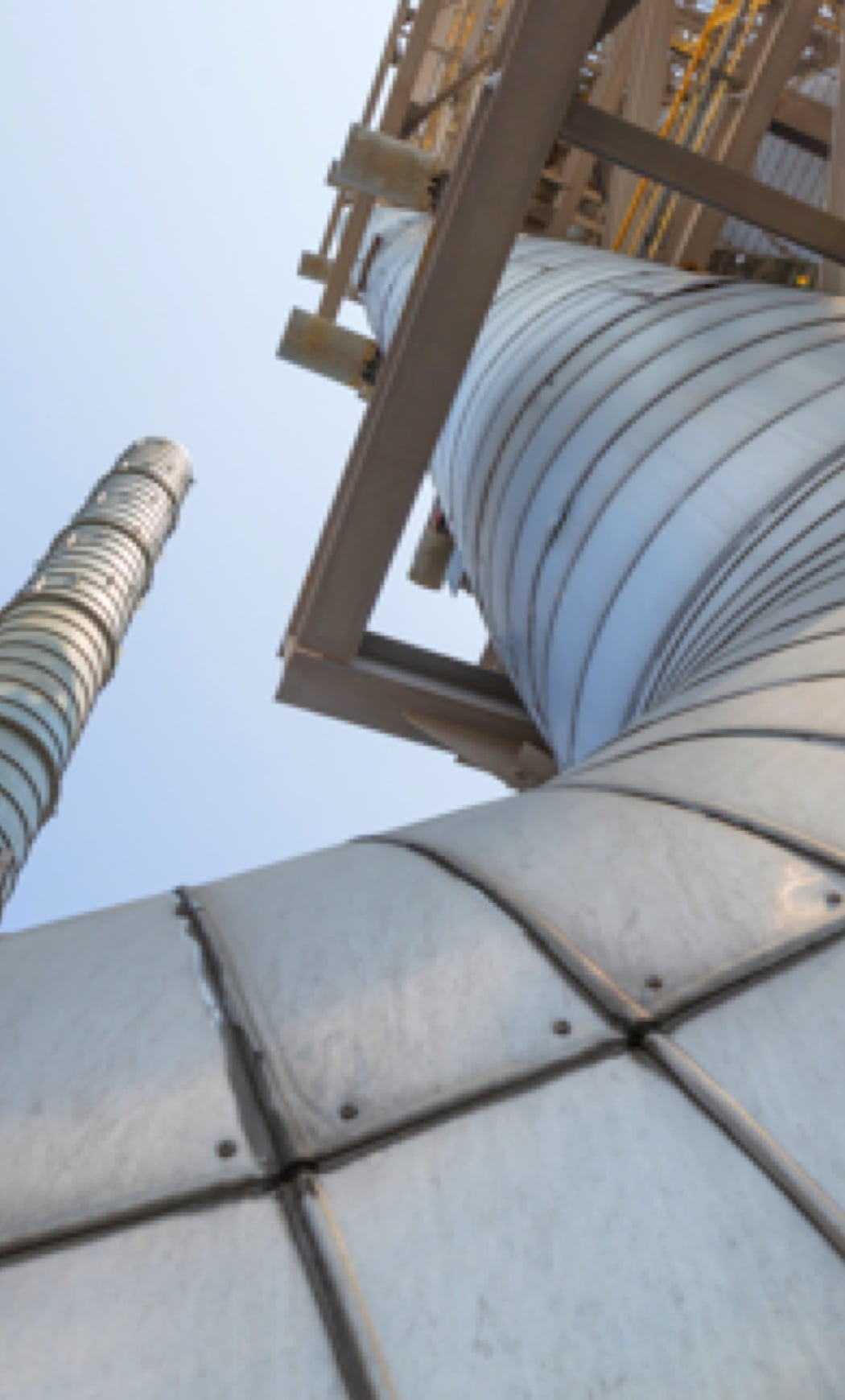2019 was a busy year for ExxonMobil in the port of Antwerp, Belgium. Completing construction of the new Delayed Coker Unit (DCU) at the refinery represents an investment of more than €1 billion and expands the facility’s capability to make cleaner fuels.
The DCU converts heavy oil products into products such as low-Sulphur diesel and marine gasoil. It’s an important investment for the company and the area – affirming our commitment to cleaner energy for the future, whilst creating 70 new permanent jobs and confirming the strong competitive position of Antwerp’s port in Europe.
You could say that ExxonMobil is firmly anchored in the port of Antwerp – we’ve been operating in the city since 1891. In addition to the DCU, over the last 15 years the company has invested €2.6 billion in the area – commissioning a desulphurization plant in 2008 and a co-generation unit in 2010.
Around 1,000 people work at the ExxonMobil refinery and chemical facilities every day, along with many contractors and others supporting operations indirectly. During the construction of the DCU, there were an average of 1,600 extra workers on site, with nearly 3,000 at peak times. This film shows the entire construction project in under 60 seconds:
Our presence in Antwerp fuels opportunities for local businesses. ExxonMobil spends around €1.3 billion every year on goods and services, creating employment and supporting the local economy. We also contribute to organizations like Natuurpunt, supporting nature management and conservation in the area. You can hear some local perspectives on the relationship between ExxonMobil and the community in this short film:
During the DCU’s inauguration in April 2019, reference was regularly made to the relationship between ExxonMobil, the city, and its inhabitants. Then Deputy Prime Minister of Belgium and current Member of the European Parliament Kris Peeters spoke about the importance of the facility for the wider region:
“The investment of ExxonMobil is important for employment in, and the competitive position of, the port of Antwerp. As a result, 70 more jobs are being created and the port of Antwerp remains the engine of the Belgian economy.”
We’re very proud of the relationship we have forged with the local community over the years and we look forward the future.



